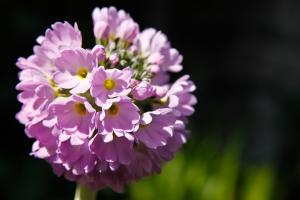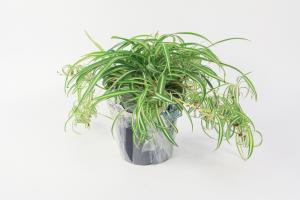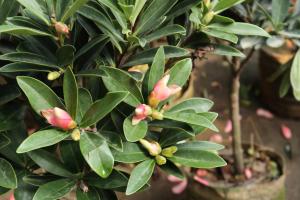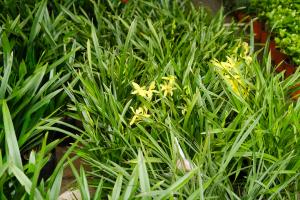Does Vinegar Water Kill Aloe Vera Plants?
Aloe Vera plants are popular succulent species that are loved by many for their ornamental value and medicinal properties. From skincare products to home remedies, Aloe Vera is a versatile plant that has numerous benefits. One of the most common questions asked by Aloe Vera plant owners is whether or not vinegar water can kill their beloved plant. In this article, we will explore the effects of vinegar water on Aloe Vera plants and answer the question that has been on the minds of many.
What is Vinegar Water?
Vinegar water is a solution that is made by mixing vinegar with water in varying amounts. The most common vinegar used for this solution is white vinegar, which is a type of clear vinegar made from fermented grain alcohol. The solution can be used for various household cleaning purposes and is also said to have benefits for plants.
So, Can Vinegar Water Kill Aloe Vera Plants?
The answer is a bit complicated. Vinegar is acidic and can lower the pH level of soil, which can be harmful to some plants, including Aloe Vera. Aloe Vera plants thrive in a soil pH level of 7.0 to 8.5, which is slightly alkaline. When the pH level drops below this range, the plant may experience stress and damage. Additionally, vinegar water can damage the leaves of the plant due to its acidity, causing discoloration and burn marks.
However, there are certain circumstances where vinegar water may not harm an Aloe Vera plant. For example, if the plant is grown in a highly alkaline soil, adding a small amount of vinegar water could bring the soil pH level to a more optimal range. Also, if the vinegar water is highly diluted and applied sparingly, it may not cause any harm to the plant.
Tips for Using Vinegar Water with Aloe Vera Plants
If you want to use vinegar water with your Aloe Vera plants, here are a few tips to keep in mind:
Always dilute the vinegar water before use. Use a ratio of one part vinegar to ten parts water.
Apply the solution to the soil, not the leaves of the plant. This will prevent any damage to the leaves of the plant.
Use vinegar water sparingly. Applying it too frequently or in large quantities can damage the plant.
Test the soil pH level before and after using vinegar water. This will help you monitor the effects of the solution on the plant.
Conclusion
While vinegar water can have benefits for some plants, including Aloe Vera plants, it can also be harmful if not used correctly. Using a highly concentrated vinegar solution or applying it too frequently can damage the plant and cause stress. If you decide to use vinegar water with your Aloe Vera plants, make sure to follow the tips mentioned above to prevent any damage and monitor the effects of the solution on the plant.

 how many times do yo...
how many times do yo... how many planted tre...
how many planted tre... how many pine trees ...
how many pine trees ... how many pecan trees...
how many pecan trees... how many plants comp...
how many plants comp... how many plants can ...
how many plants can ... how many plants and ...
how many plants and ... how many pepper plan...
how many pepper plan...































